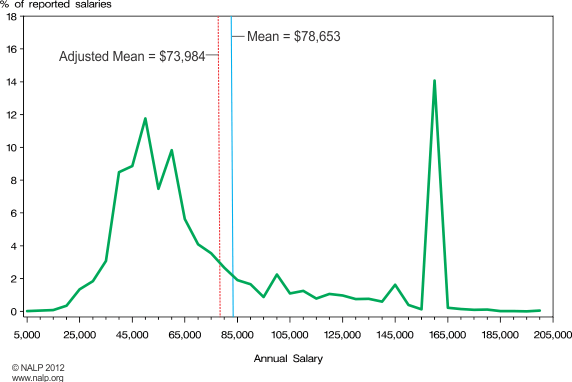- Joined
- Apr 15, 2012
- Messages
- 1,724
- Reaction score
- 7
If a lawyer is billing $300/hr, that means they have a net salary $624,000. That's just not based in reality in any sense for the average lawyer.
Lawyers often do charge that much, sometimes more. But
A. They take vacations.
B. They aren't billing people all the time
C. Not all that money goes directly to the lawyer:
-Secretary's salary.
-Office Space
-Legal fees
-etc.
Keep in mind with law salaries are highly variable. A top corporate copyright lawyer could be earning well over $50 Million. A lawyer for the ACLU might only make $75,000.



